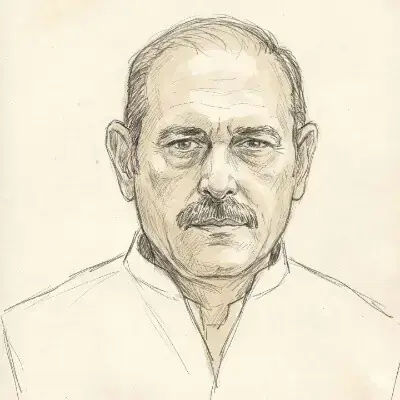PESHAWAR: The banned Tehreek-i-Taliban Pakistan (TTP) on Thursday declined to extend the month-long ceasefire with the government, accusing it of failing to honour the decisions reached earlier. The announcement has put the nascent peace efforts into the doldrums.
A statement issued by the TTP late in the evening gave out details of the six-point agreement that it said it had reached with the government under the aegis of the “Islamic Emirate of Afghanistan” (IEA) on Oct 25, 2021.
The two sides, according to the agreement, had accepted that the IEA would play the role of a mediator and that both sides would form five-member committees each which, under the supervision of the mediator, would discuss the next course of action and demands of each sides.
Both sides, it said, had also agreed to observe a month-long ceasefire from Nov 1 to Nov 30, 2021 and that the government would release 102 “imprisoned mujahideen” and hand them over to the TTP through the “IEA and that both sides would issue a joint statement regarding the ceasefire on Nov 1, 2021”.
Group’s 12 ‘de-radicalised’ foot soldiers released
According to the statement, the government not only failed to implement the decisions reached between the two sides but to the contrary, the security forces conducted raids in Dera Ismail Khan, Lakki Marwat, Swat, Bajaur, Swabi and North Waziristan and killed and detained militants.
“Under these circumstances, it is not possible to extend the ceasefire,” the TTP said.
Earlier in an audio, Mufti Noor Wali Mahsud announced an end to the ceasefire and asked his fighters to resume attacks past 12am. The ceasefire had come into effect on Nov 9.
In the audio, Mufti Noor can be heard as saying that since the TTP has not heard back from the mediators or the government, therefore, past midnight, his fighters reserve the right to resume attacks wherever they were.
The TTP decision to end the ceasefire is a big setback to the government efforts to secure a peace agreement with the militants waging war against the state for decades.
Read: Making peace with militants
Official sources had earlier said that both sides had agreed to initiate “formal talks” and had finalised five names of negotiators each. The government negotiating team included two senior civil officers with good experience of having served in conflict zones. While the TTP said it had formed a five-member committee for negotiations, the government, it appears, took time to notify the committee.
A lot of informal discussions had taken place between the two sides before and during the ceasefire and certain confidence-building steps had been agreed upon to reassure each other, these sources said.
Afghan Taliban are playing the role of principal mediator between Pakistan and the outlawed militant conglomerate comprising several factions.
Government officials say Afghan Taliban have offered Pakistani authorities several options but that they prefer that the TTP be engaged through negotiations and persuaded to return to their country in a peaceful manner.
Ceasefire impact
Ceasefire or cessation of hostilities has remained enforced with no major violations. TTP-led militant attacks inside Pakistan which had seen a dramatic spike in the immediate aftermath of Afghan Taliban’s takeover in mid-August have seen a steady decline, according to data available with Dawn.
These attacks saw a further decrease of 28 per cent since October, when the ceasefire came into effect, according to official statistics of the government of Khyber Pakhtunkhwa.
The only notable exception to the ceasefire violations have been 24 attacks mounted by Hafiz Gul Bahadar (HGB) and TTP-affiliated Aleem Khan Khushali (AKK) in North Waziristan. HGB is not part of TTP and had reached a separate ceasefire agreement.
Release of de-radicalised militants
One particular step was the release of some foot soldiers. The government has agreed to release close to one hundred militants being held at ‘de-radicalisation centers’. The first batch of around 12 has already been released. The second batch is expected to be freed in the next few days, to be followed by more in the days and weeks to come.
The ‘de-radicalised’ militants have been screened and made to report to police stations of their areas every two weeks while their movement would be monitored “to ensure they don’t return to what they have been doing in the past”, another source said. “No hard core militant will be released,” this source insisted.
Red lines
The sources say that during the informal talks, it has been made clear to the other side that there are certain redlines which are not open to negotiations. “Pakistan is a constitutional democracy and they have to accept it and abide by it. There will be no grouping or re-grouping, safe-havens, movement of armed troupes or carrying weapons.”
The TTP, however, has set its own conditions which among other things include enforcement of Shariah and restoration of tribal areas to their pre-merger status.
“They know it and they understand it. Tribal areas are now merged districts and they know that there is no going back and that much water has flown under the bridge. Conditions are no longer conducive for them to operate, survive and sustain,” the sources maintain.
Published in Dawn, December 10th, 2021




































